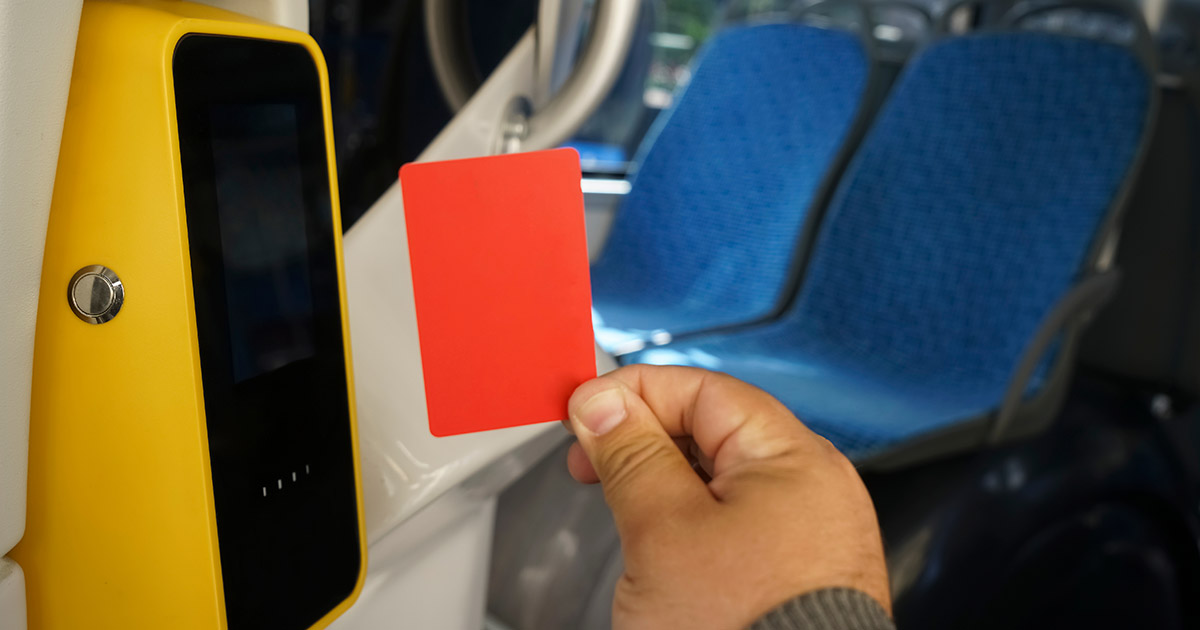Understanding Transit Riders' Payment Decisions and the Role of Cash in King County, Washington

Overview
Metropolitan transit systems increasingly limit payment to electronic and prepaid fares on board their vehicles to increase the speed of boarding, provide more opportunities to collect ridership data to inform planning efforts, and allow for more opportunities to provide discounts to riders. However, riders with low incomes and other populations, such as people age 65 and older or recent immigrants, tend to be most unfamiliar with or hesitant about using these types of payments instead of cash. Because access to public transit is one key way to improve access to other determinants of equity such as jobs and job training, health and human services, education, and parks and open space, changes to fare policies must take into account the needs of and effects on these populations.
The Center for Applied Behavioral Science (CABS) at MDRC is working with King County Metro, the leading transit agency of Seattle and the Puget Sound region, to inform efforts to make fare policies align with the agency’s stance that mobility is a human right. The CABS team is exploring how riders make fare payment decisions, including motivations for choosing cash and barriers that specific populations may face to using other payment options, including smartcard-based reduced-fare programs. The goal is to identify equity-driven solutions that promote greater access to transit. CABS will support King County Metro by gathering and recording insights from riders and evaluating how specific interventions affect payment choices.
Additional Project Details
Agenda, Scope, and Goals
The goals of this project are to apply behavioral science techniques to develop a detailed, evidence-based understanding of the motivations for cash-paying riders and to identify ways to encourage increased and equitable adoption of prepaid or electronic fare options, or both. The CABS team will develop and test strategies to address key challenges in the fare payment process for priority populations. The findings will inform King County Metro’s near- and long-term fare policy decisions and related investments.
Design, Sites, and Data Sources
The CABS team is first identifying barriers that King County Metro riders or potential riders face to using transit in general and to using noncash (electronic and prepaid) payment options in particular. Based on the barriers that the team uncovers during a diagnosis phase, CABS will design and support implementation of one or more interventions intended to have an impact on transit use and fare payment choices. The team plans to evaluate whether the interventions increase access, use, and reloading of non-cash payment options among riders in priority populations. The data sources for the diagnosis component include reports, survey data, administrative data, and interviews with King County Metro staff and transit riders.







